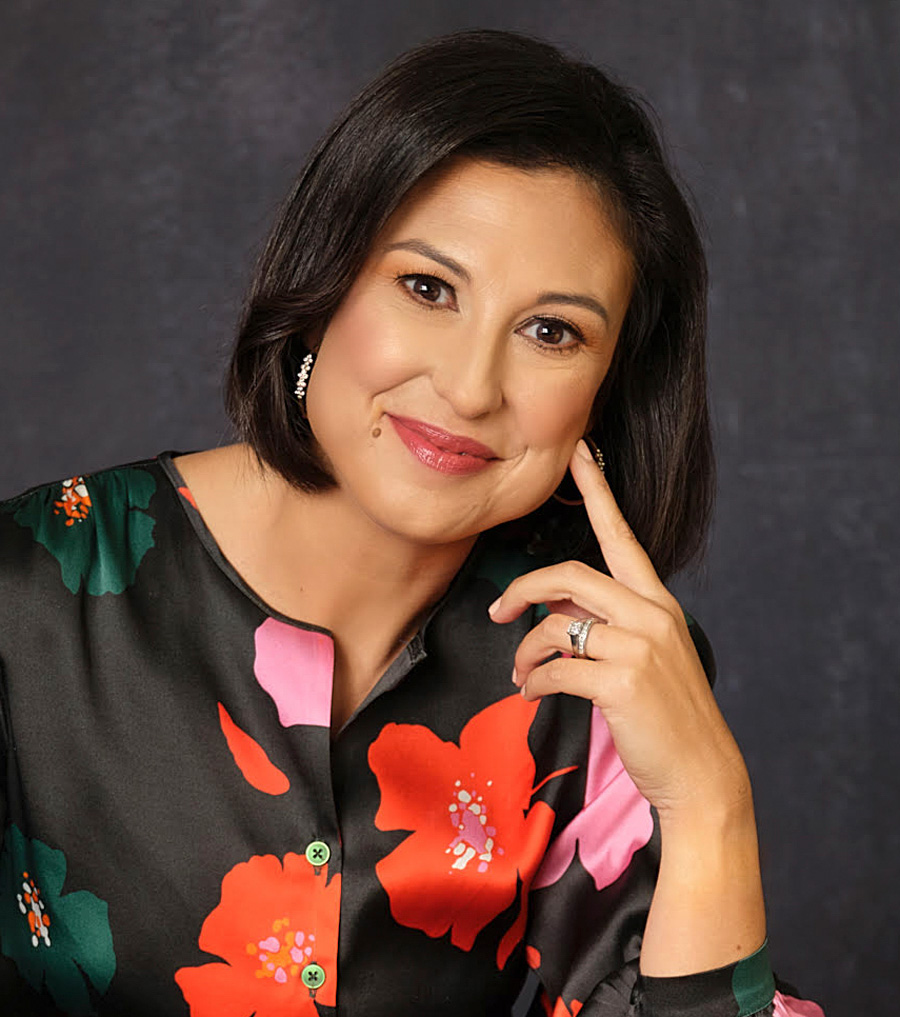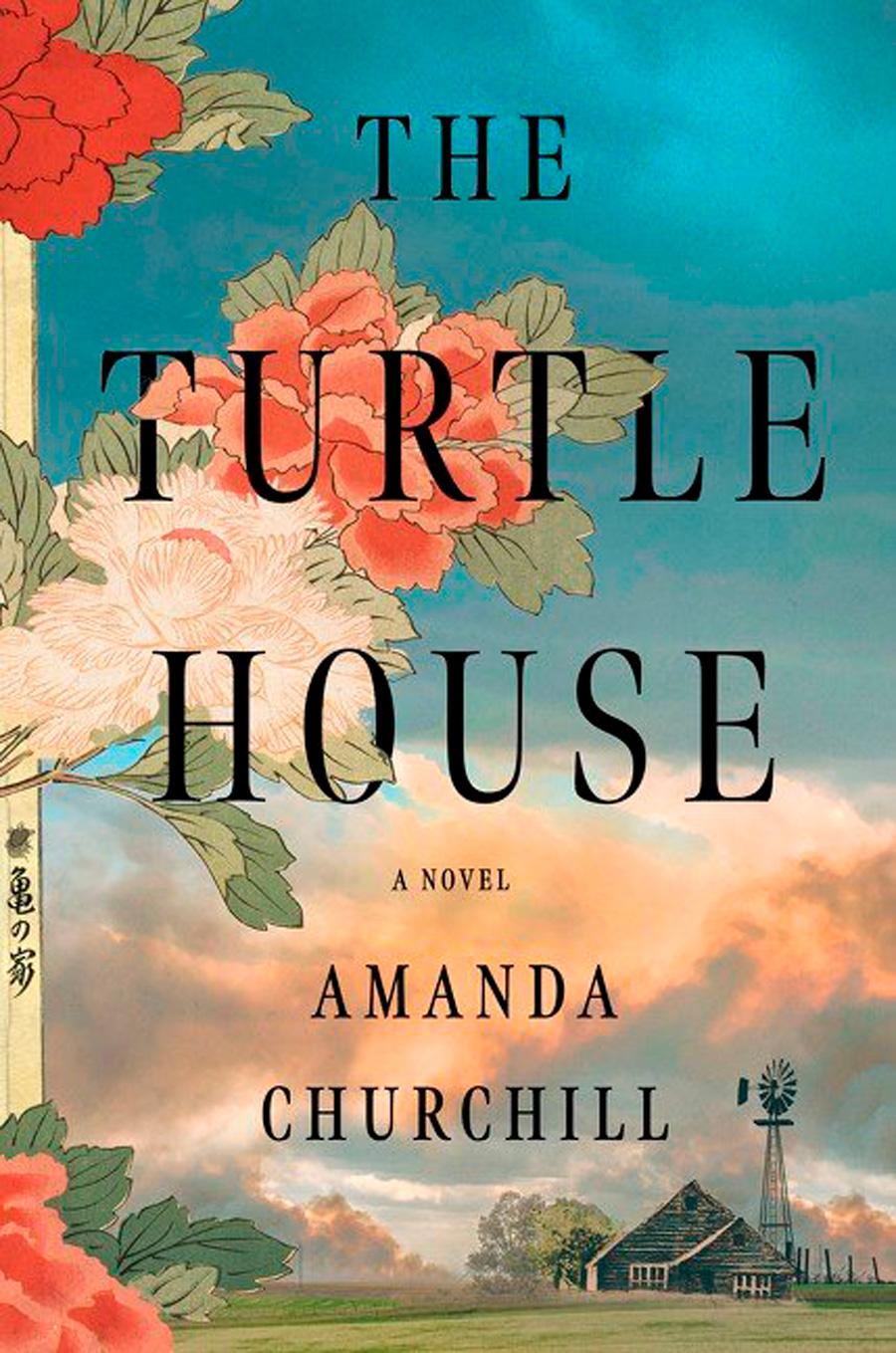Churchill would soon find emotional truth through her own family.
"I think with a novel, especially, being able to be excited about a subject, curious
about it, is imperative to surviving the long haul," she says. "The mystery of choices
made two generations ago has been something I've been obsessed about. Why did my grandmother
end up with my grandfather? Was she truly happy with her choices? How does one generation
hold gratitude for the sacrifices of the previous generations?"
Her paternal grandparents, the Ganns, came to Texas after the war when her grandfather,
John W. Gann, a Denton County native, was diagnosed with cancer. Her grandmother became
a rancher's wife, raising children and experiencing a very different culture from
Osaka Prefecture.
As a child, Churchill visited her grandmother in Ponder, peppering her with questions
about Japan and the war. Her grandmother, who worked for Denton State School, refused
to talk about it.
However, decades later, as Churchill was expecting her first child and her grandmother
was battling cancer, Gann finally opened up. Some days her grandmother resisted, watching
Japanese game shows and soap operas instead.
"It was like pulling taffy out of someone. I was just slowly getting the stories out,
and there were things that I had never heard before."
In 2014, her grandmother passed away. Churchill began writing her book in longhand
during the wee hours of the morning while her newborn was having trouble sleeping.
"I missed my grandmother, and it really seemed to help. But it was like walking down
the sidewalk and then encountering a huge hole. I was like, 'Well, I'll just fill
it in with what I think happened.'"
She attended writers conferences once a year to refresh her ideas and deepen her skills.
By 2019, she had a full draft of the book and after some revisions, secured an agent
in 2021. The novel was sold to Harper Collins that year.
Her family has reacted well to the book, even though it brought back memories of a
painful time in the family's life. It was especially difficult for her father, Pat
Gann, to read about the racism and cultural shock they encountered after moving from
Japan to Texas.
"He had a hard time getting through that section of the book, and he was like, 'How
did you know? How did you know what it was like driving up to the house the first
time?' I guessed because my grandmother hadn't told me a lot of those parts. And I
was right, and that was so strange. It was like as I was writing it, just something
was telling me what occurred."
Now the family's experiences are out in the world.
"Everyone misses my grandmother. She was feisty and difficult and had a great personality,"
she says. "My Aunt June read it, and she loved having a version of her mother on the
page."

